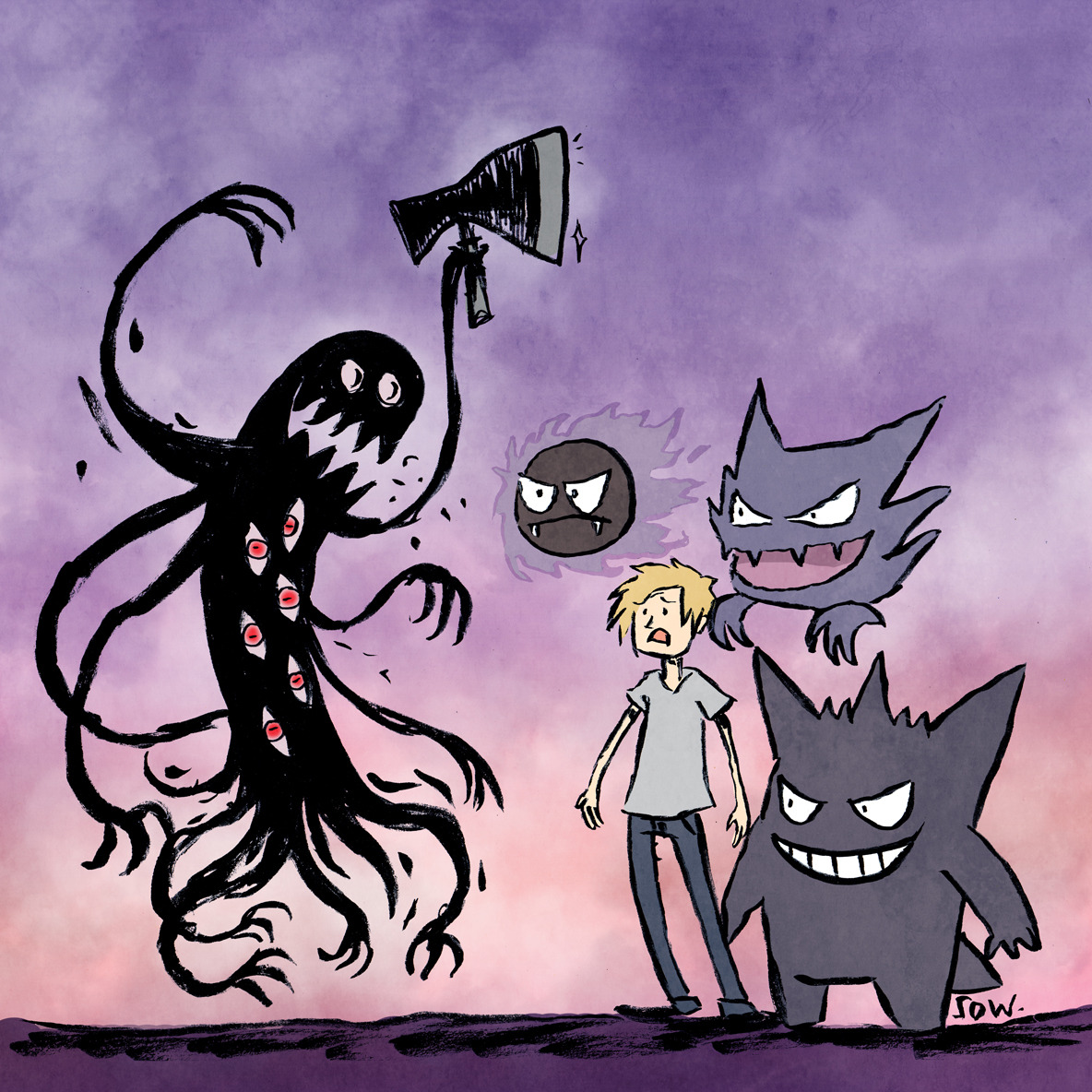¿Por qué estamos atrapados en reacciones que no nos favorecen?
Many times we think…
“There is no reason to feel the way I feel or react like this”
Sometimes we are trapped in a web of symptoms of pain, anger, resentment, and inability to enjoy life that we cannot understand.
Why this constant feeling of anxiety?
Where does this fear of abandonment come from?
Why this outburst of anger?
It is difficult to understand, for many, it is a feeling that it has been part of life since childhood. It happens that sometimes we have nothing to make the connection with, however, there are experiences that contribute, even if we don’t remember it, or it seems like an apparently minor event from our adult perspective.
In most cases, the cause of the problem is not something neurological or biochemical. Of course, genetics weighs heavily, and in some cases predisposes to certain states, however, studies have shown how the environment is capable of modifying gene expression. Therefore, develop charts like; chronic stress, depression, anxiety, and others, is related to adverse experiences that affect the balance of our nervous system.
Ideally, our nervous system should naturally return to its calm, but sometimes this doesn’t happen. If we do not do something about it, the effect that this dysregulation generated remains for years, sometimes for a lifetime, being trapped in automatic behaviors, or physical symptoms of constant stress.
Identifying and unblocking those unprocessed events naturally is part of the therapeutic work. It is not about blaming or remaining in the role of victim, but rather, it is about establishing how we can make better choices for the future, to improve our quality of life and that of generations to come.
3 practical steps to understand our AUTOMATIC responses.
1-Identify the situation that disturbs you now.
2-Identify negative cognition. What do you think when that happens?
3-Write down how many times you respond negatively to certain situations.



